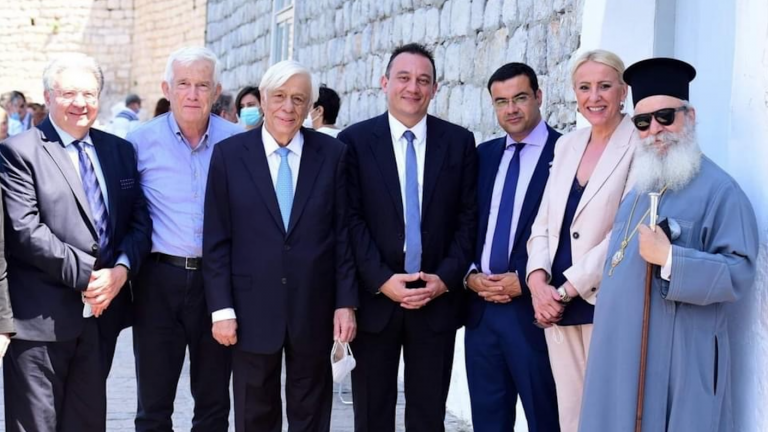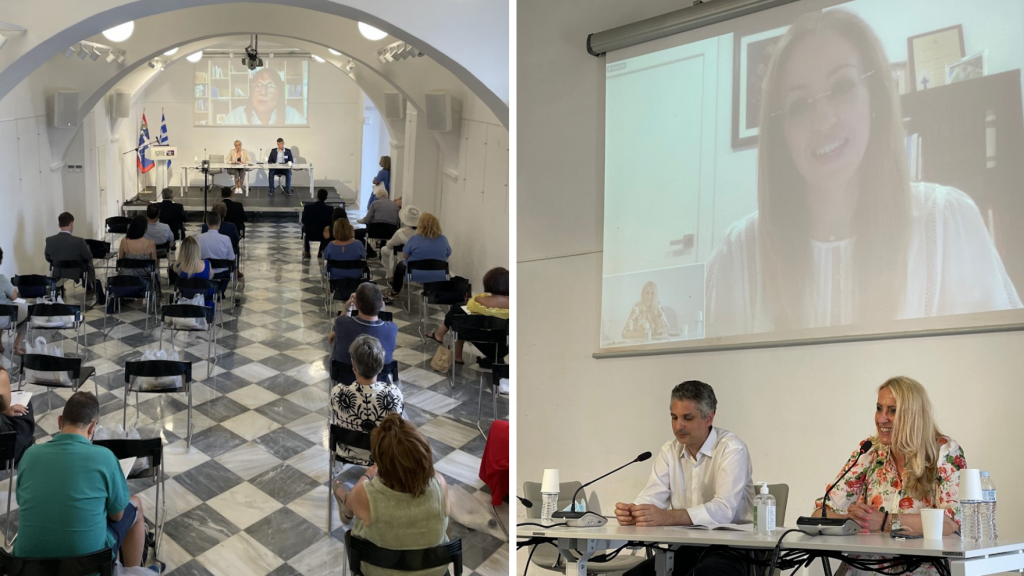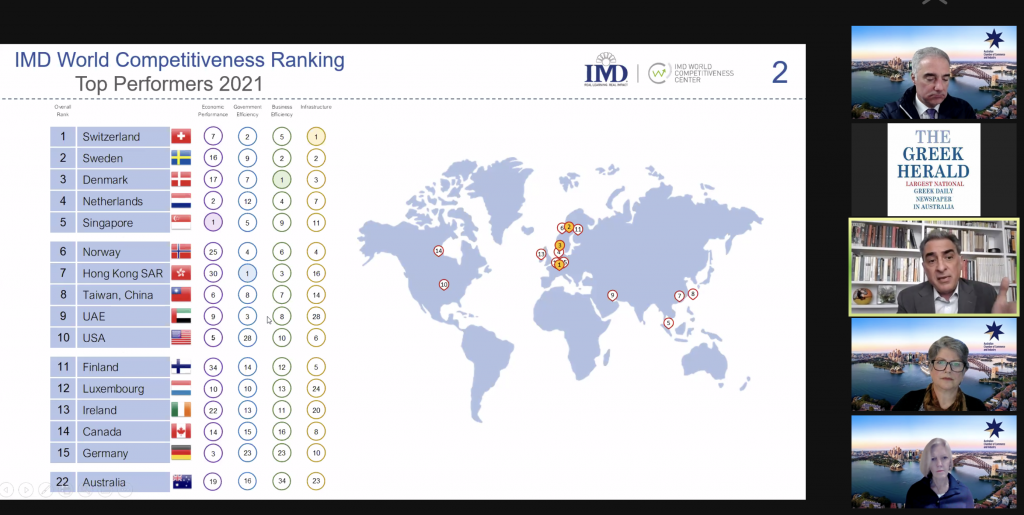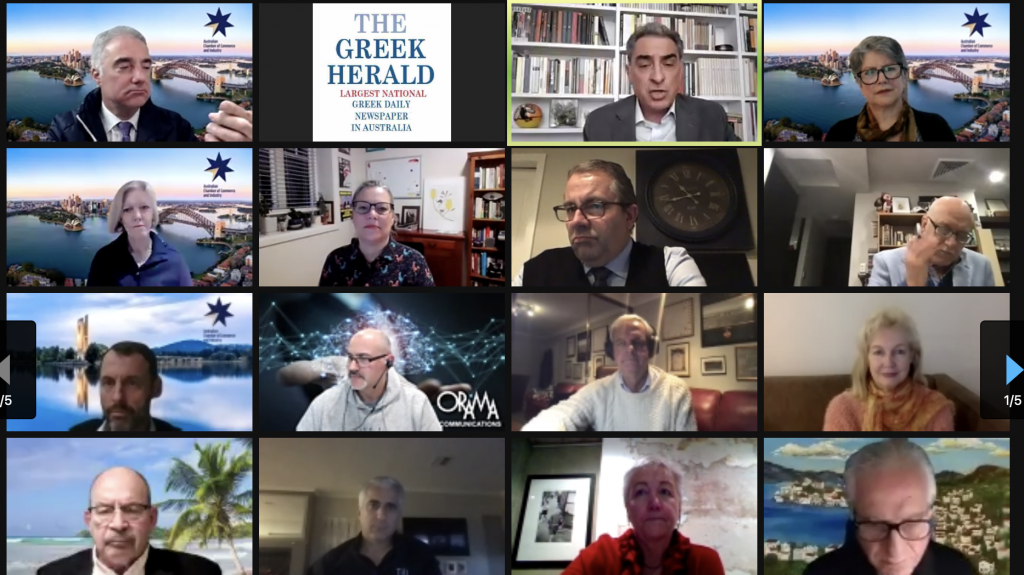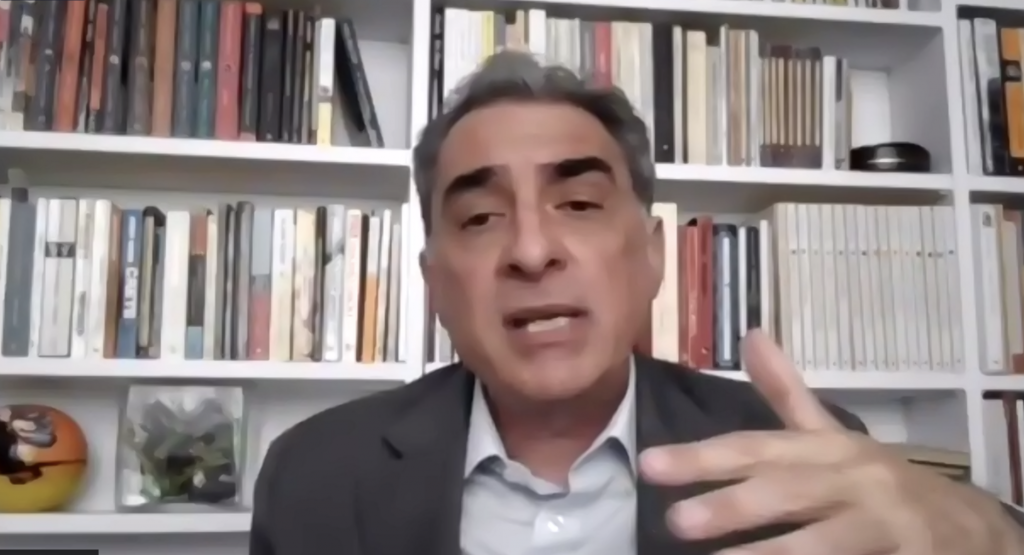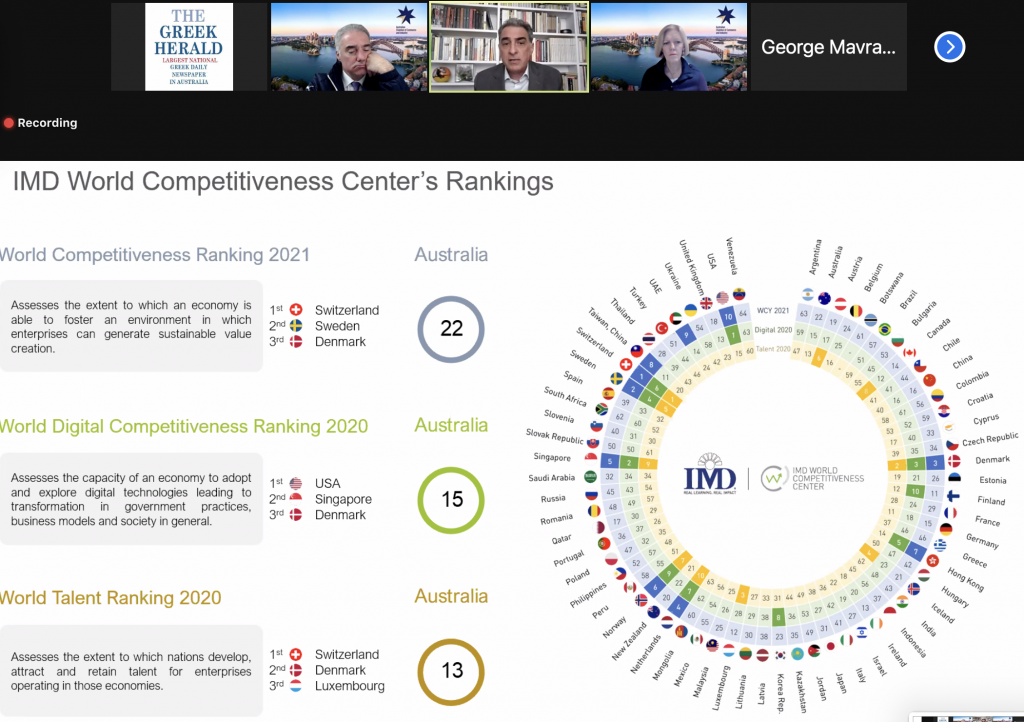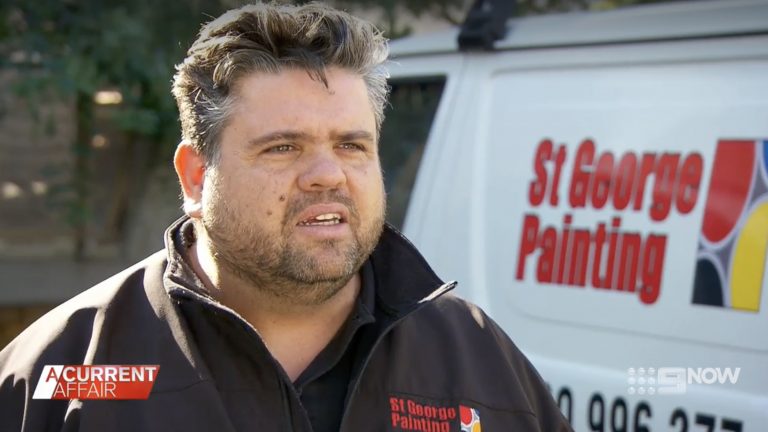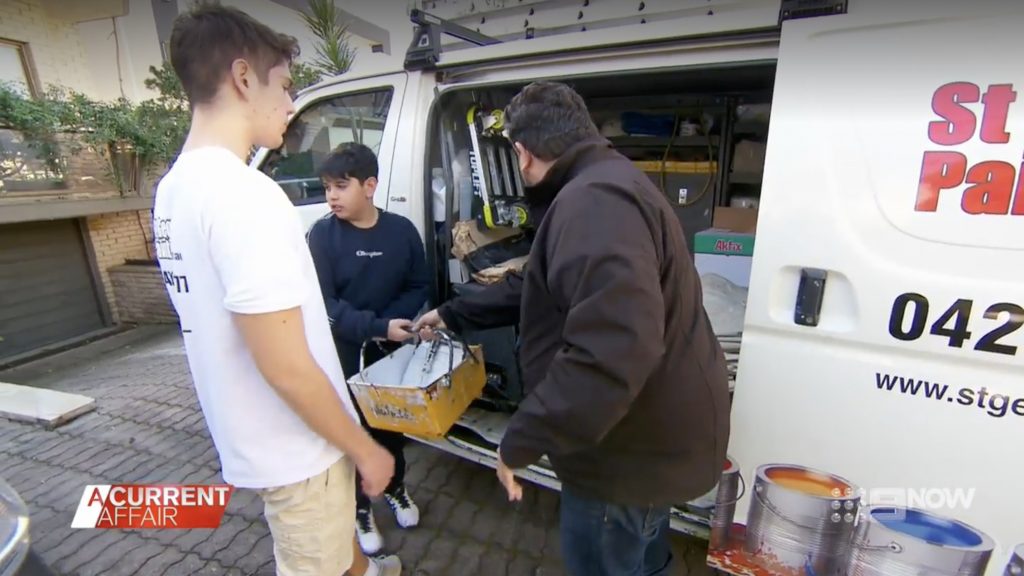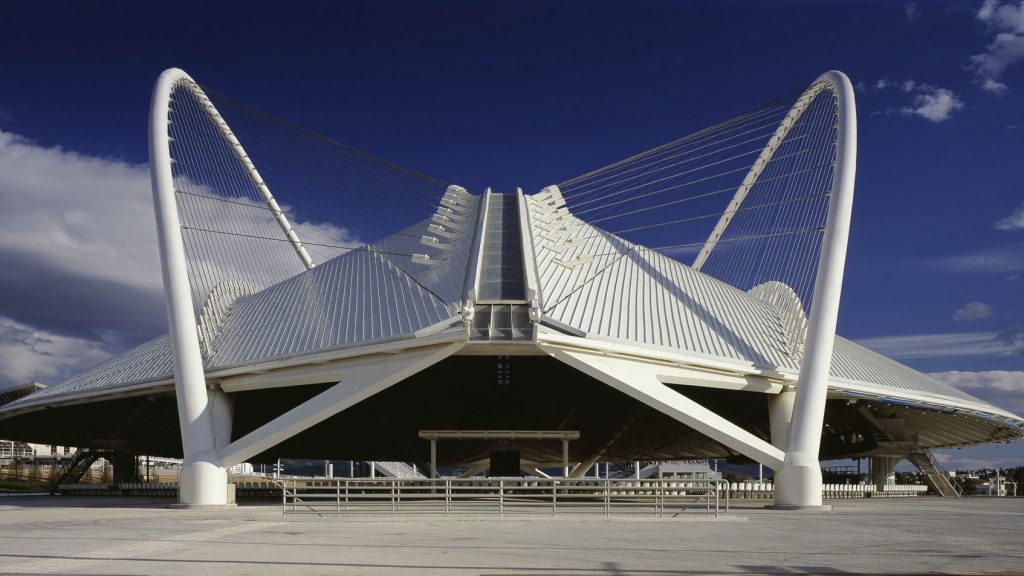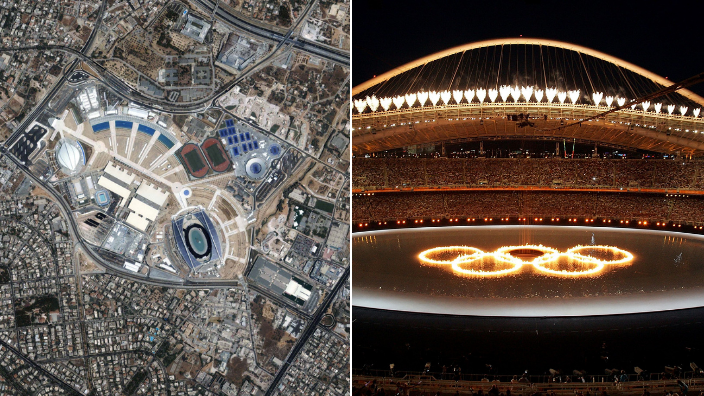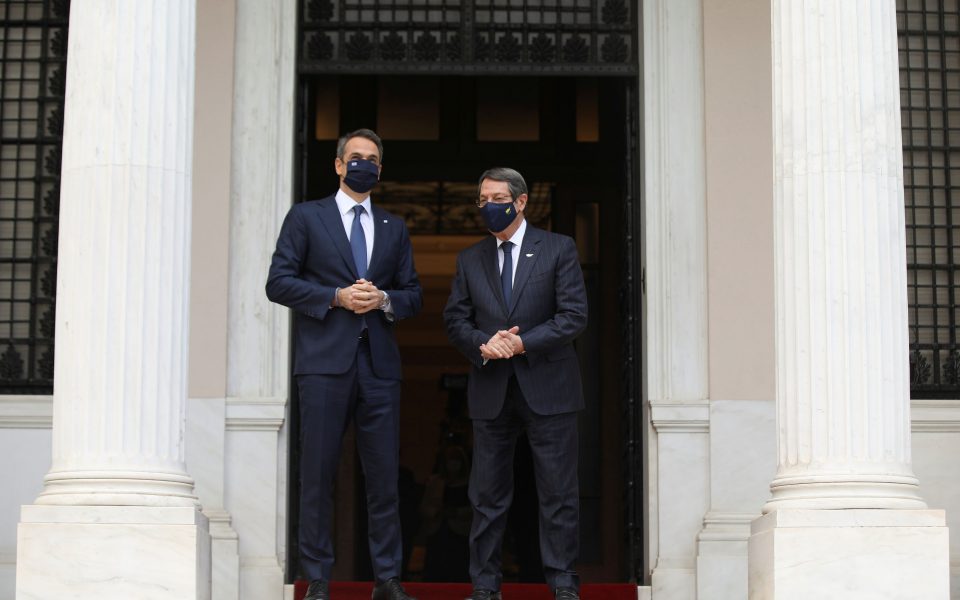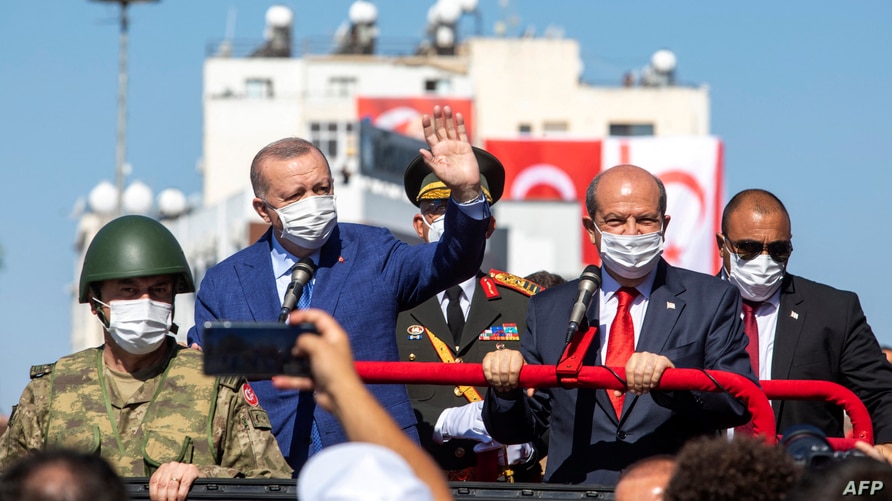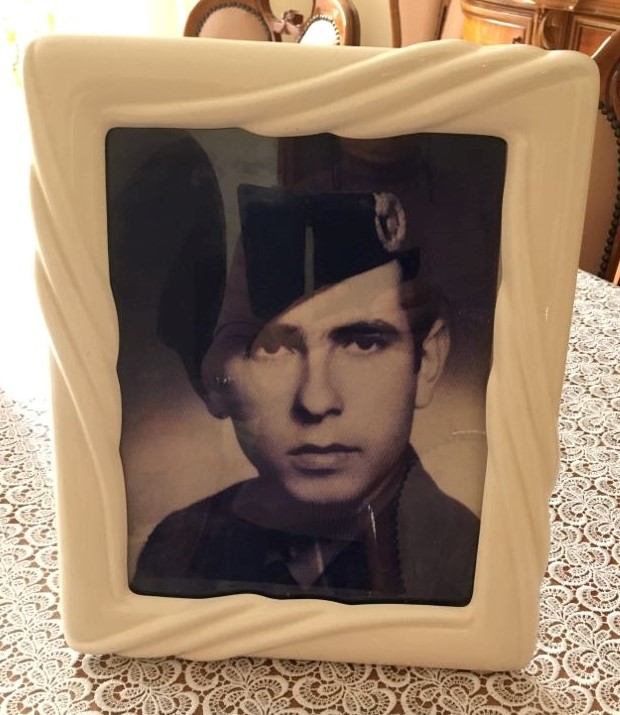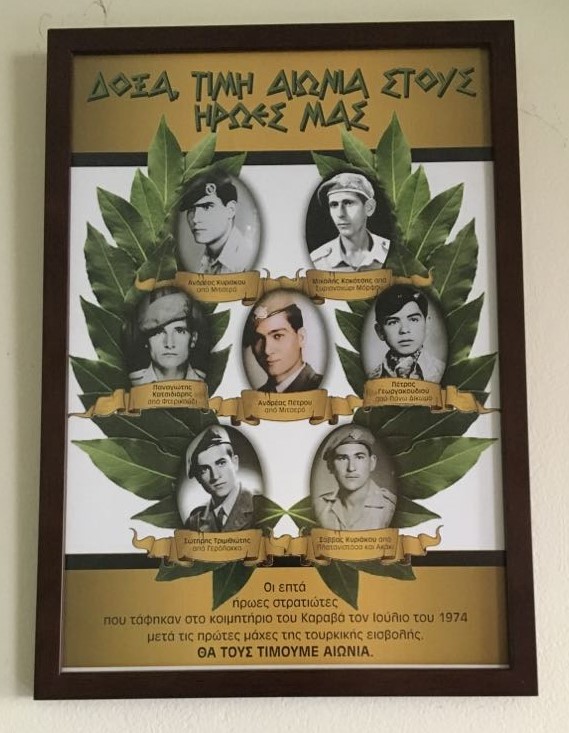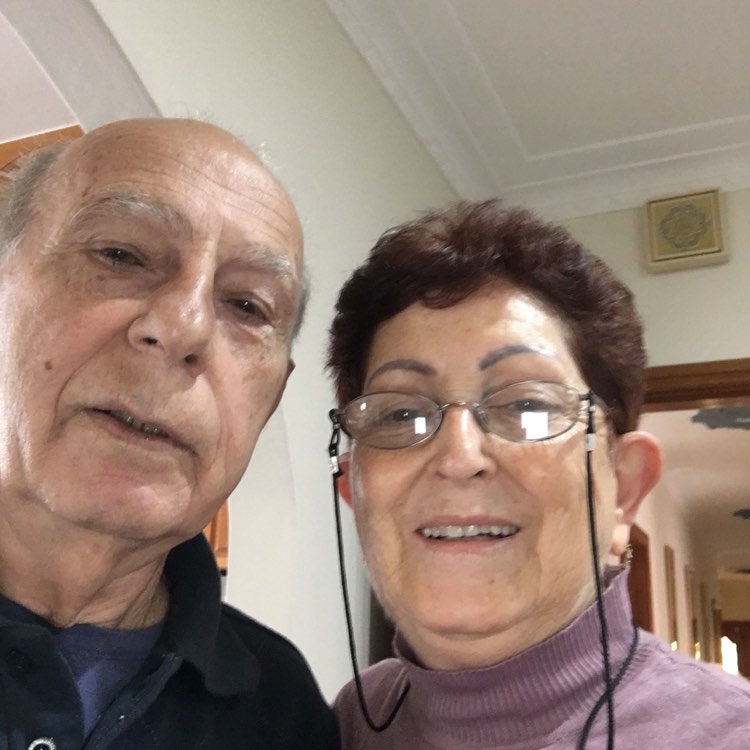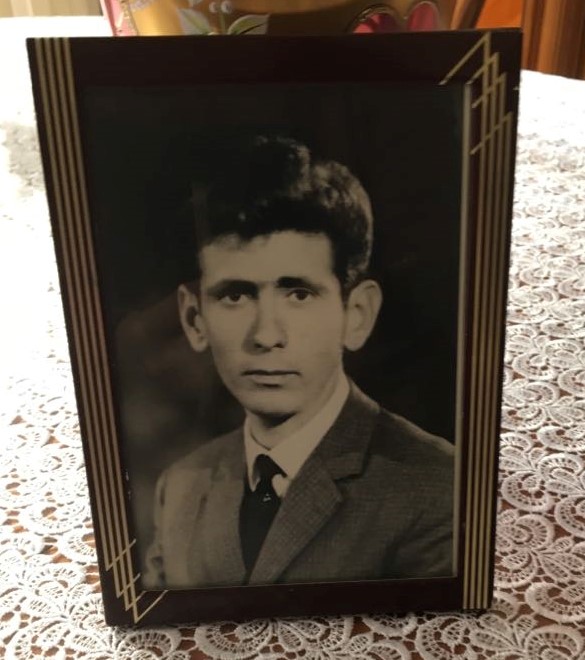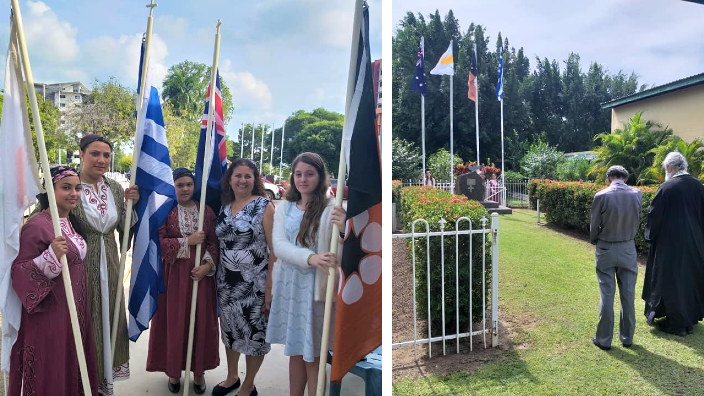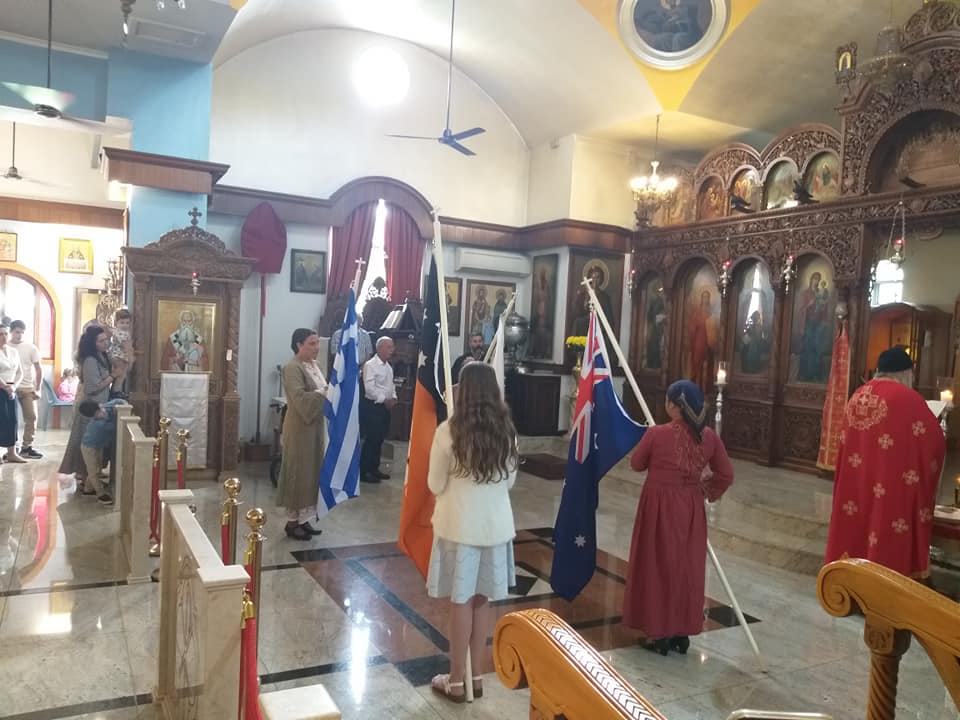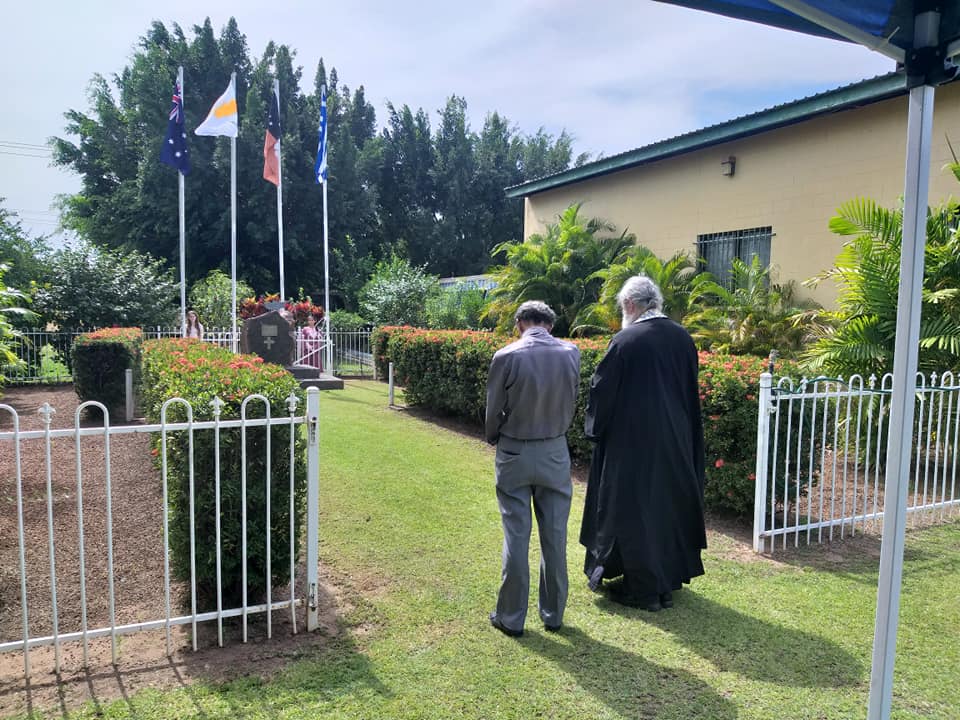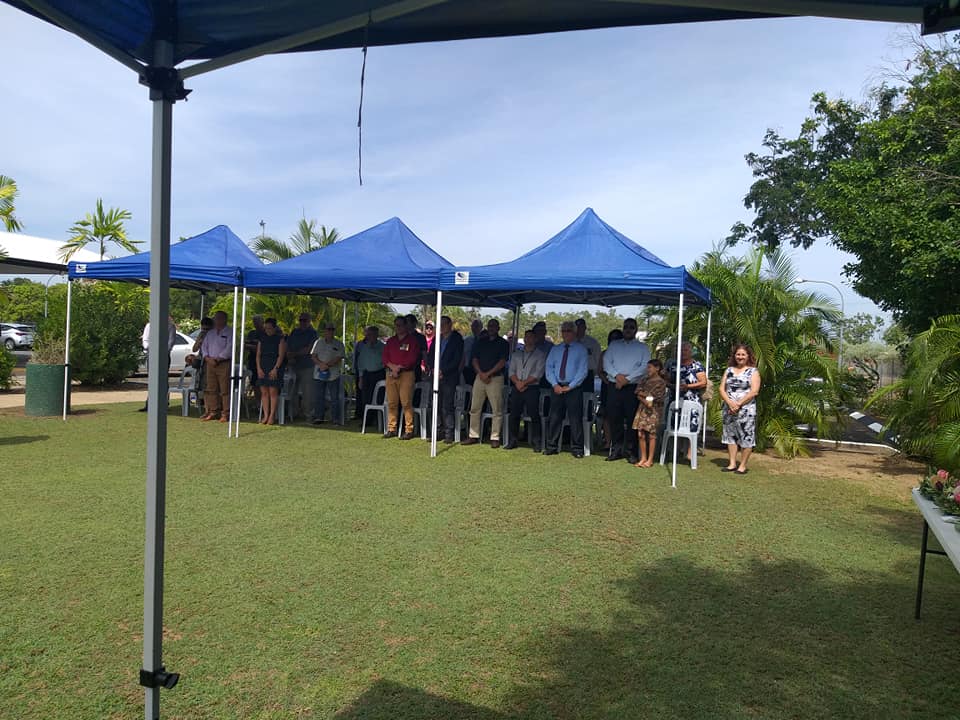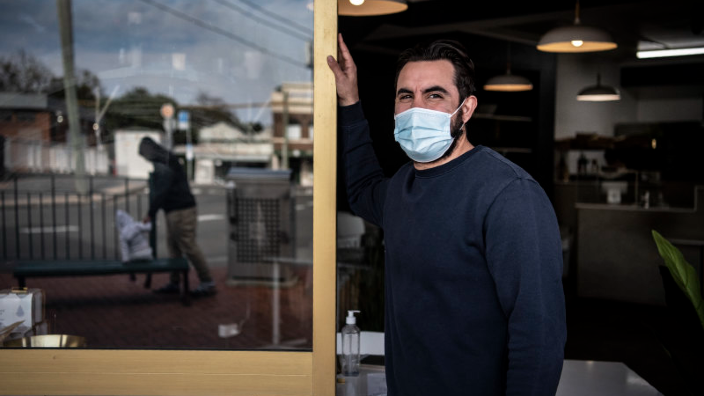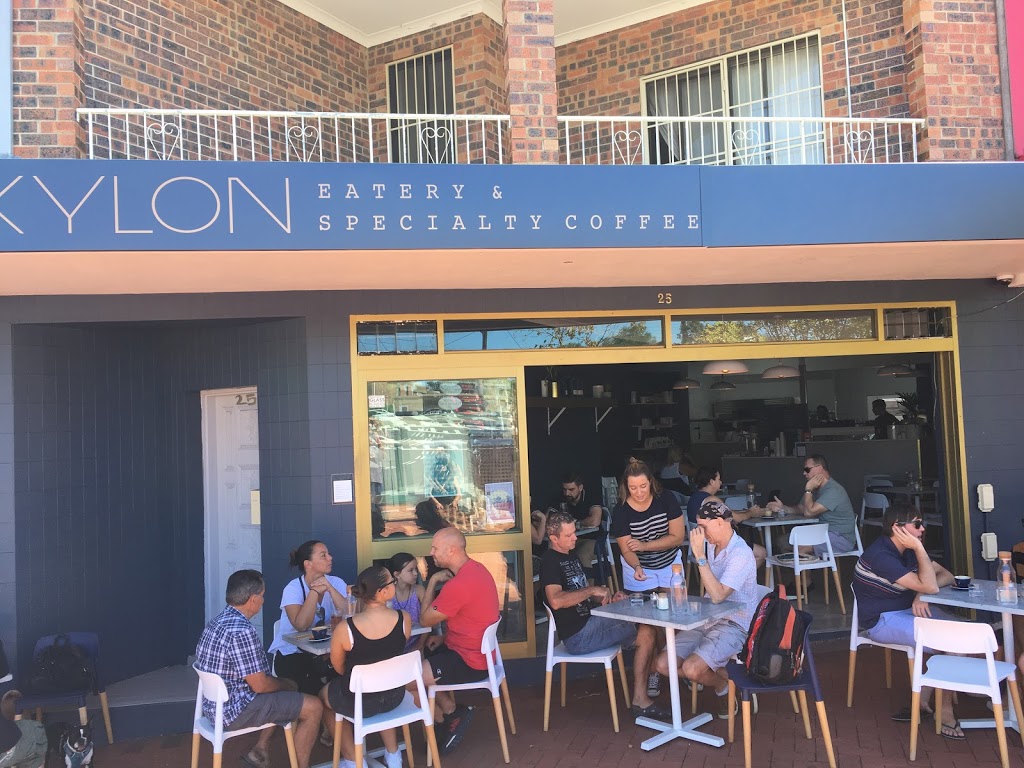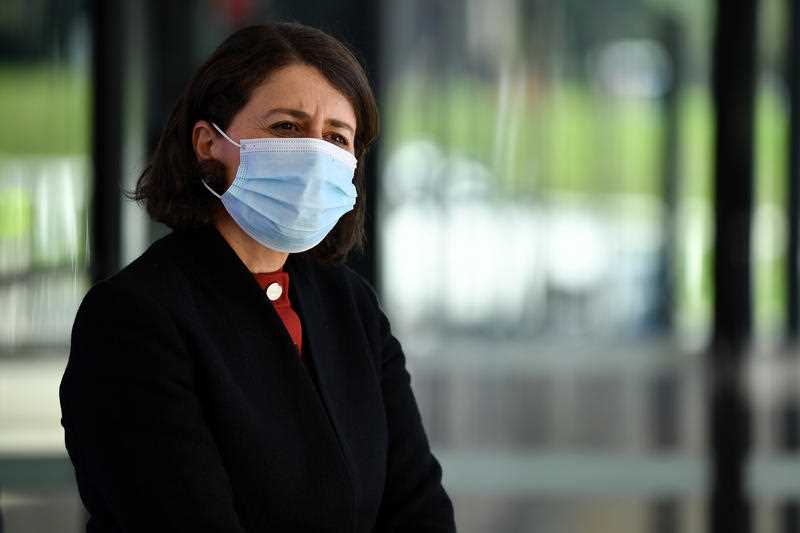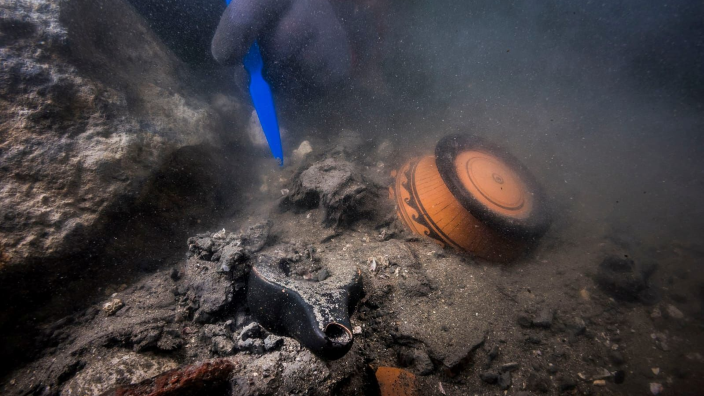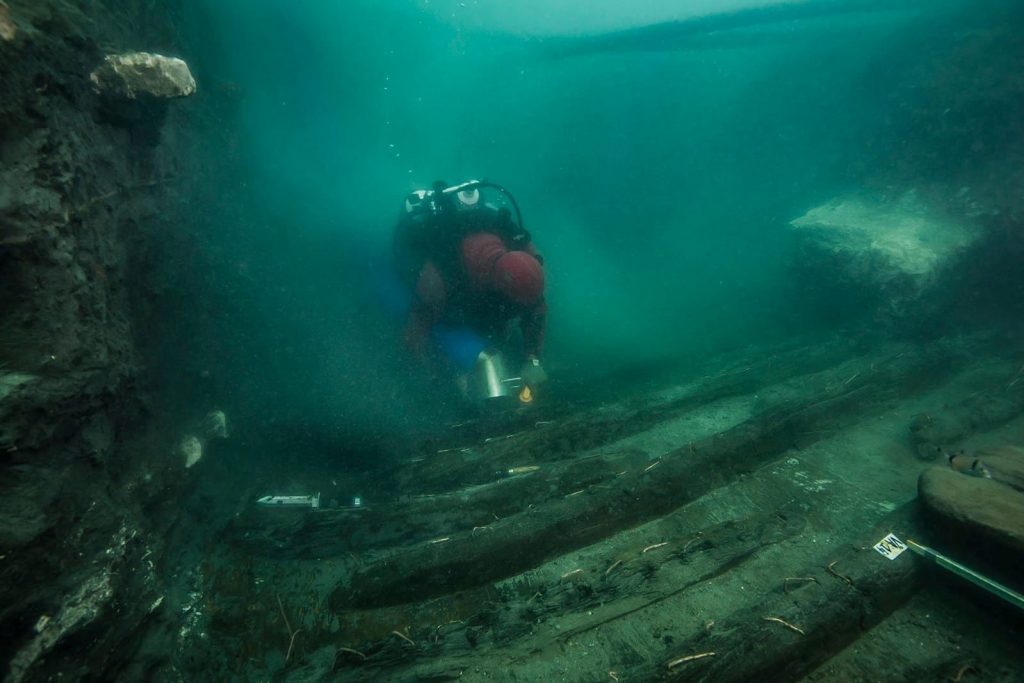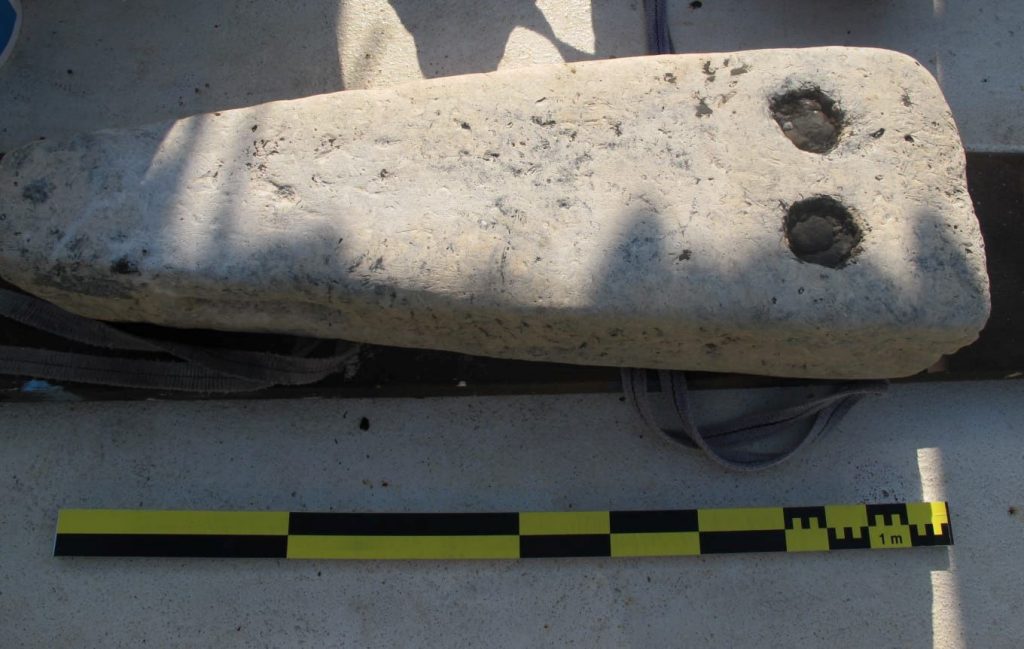The Turkish invasion of Cyprus was launched on July 20, 1974 and was carried out in two phases. In the end, Turkey illegally occupied over 36 percent of the territory of the Republic of Cyprus and 162,000 Greek Cypriots fled their homes and became refugees in their own country.
Takis Christofi and Vasilis Soteriou were two of these refugees and today, The Greek Herald shares their personal stories of survival and loss.
Takis Christofi: ‘War is the worst thing in human experience’
Takis Christofi and his wife, Elizabeth, were living peacefully in the Cypriot village of Vatyli, in the district of Famagusta, for many years before the Turkish invasion of Cyprus in July 1974.
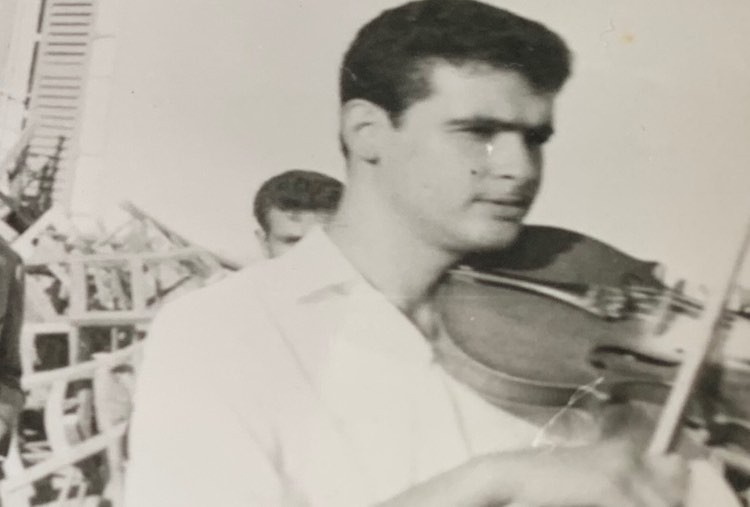
Takis was working as a tailor and playing the violin at weddings before eventually he was called to serve and protect Cyprus from the Turks. The role of Takis’ army unit was to shoot down Turkish airplanes flying over Famagusta and later, Nicosia.
“War is the worst thing in human experience. You lose friends next to you and you don’t know what the next moment is going to be. You don’t know if you’ll be alive or dead,” Takis tells The Greek Herald.
The 72-year-old survived the war but he lost his home and all his personal belongings. As a result, after Takis was released from the army, he left Cyprus and met up with his wife in London.
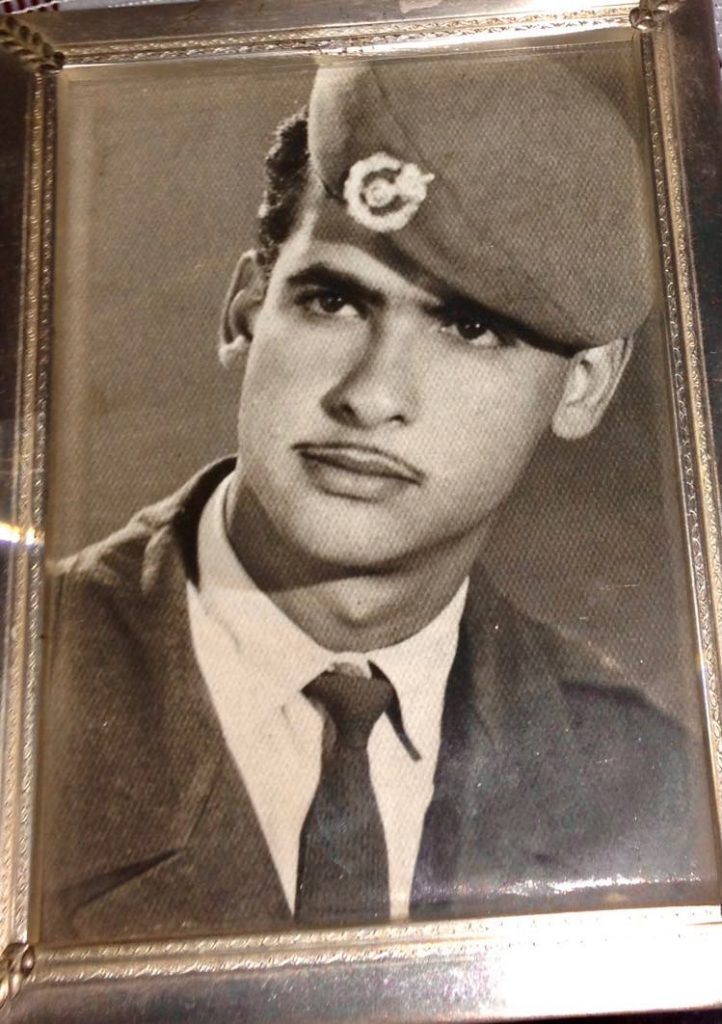
“When you have your house and you leave with nothing, I didn’t even have my shoes… it’s a very, very bad feeling… We started from the beginning,” Takis explains.
After staying in London for about six months working as a tailor, Takis and his wife moved to Australia on February 22, 1975.
Takis says that once they reached Australian shores, he worked in a factory before opening a family fish shop in Fairfield and later, worked in the chicken business in Roselands for over 25 years.
“Australia gave us much more than the country where we were born. We are lucky to come to this country. When you work hard it pays off,” Takis says.
It definitely has paid off. Takis is now enjoying the retired life, surrounded by his growing family which includes three daughters and six grandchildren. Of course, he also makes regular trips back to his homeland.
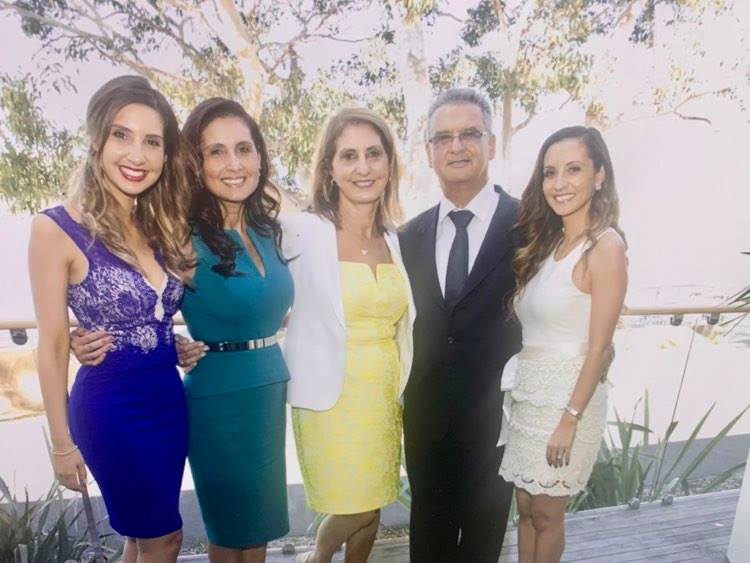
Vasilis Soteriou: ‘It was scary, but we needed to do it’
Vasilis Soteriou was doing his national service in Cyprus when the Turks invaded the island on July 20, 1974. He recalls vividly to The Greek Herald how a few days before the occupation, a young man was going around the streets and calling people to serve in the war.
“At about 3am in the morning, someone was going around to people’s houses and we’d ask ‘where is he going?’ because there was a curfew at the time. He told us people were being called to the army camp and that’s how we understood an invasion was happening,” Vasilis tells The Greek Herald.
From there, Vasilis and others from his village in Agios Nikolaos tou Lefkonikou, went on trucks and fought against the Turks in a number of areas including Aspri Mouti and Mia Mili.
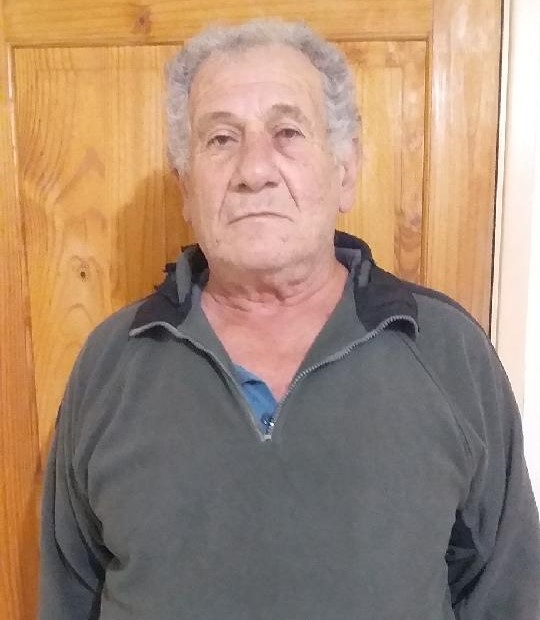
“At 2pm in Aspri Mouti, the battle started. At 4pm there was a ceasefire. A few minutes later, a captain was killed,” the 65-year-old recalls.
“When you go in the war it’s scary, but we needed to do it. We couldn’t do anything else.”
After months of fighting, Vasilis found out that his family had lost both of their homes to the Turks. This loss saw Vasilis finish his national service and quickly reunite with his family in Australia in March 1976.
“I left with one pant and jacket from Cyprus,” he says sadly.
On arrival, Vasilis worked hard and raised a beautiful family of three children and three grandchildren. And now he is enjoying his life and spends much of his time thinking of Cyprus and the current political climate over there.
Do you have a similar community story? Email us at: greek@foreignlanguage.com.au.


